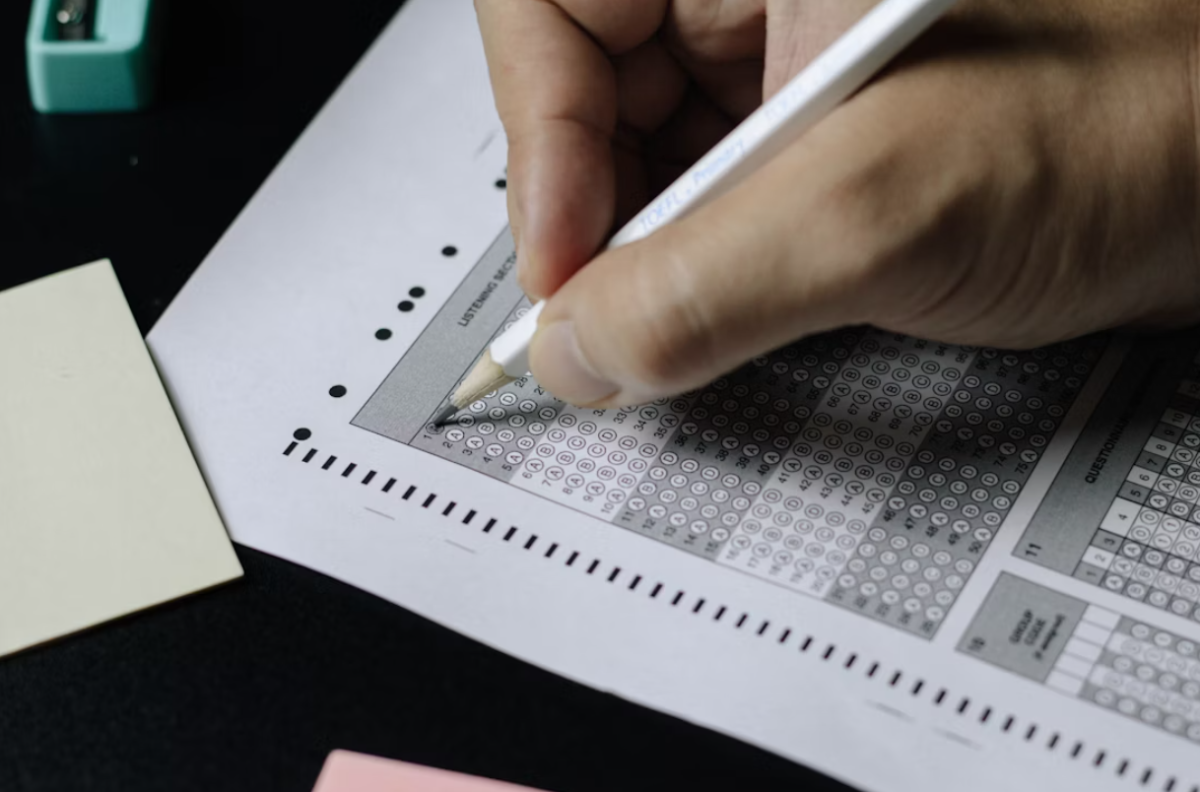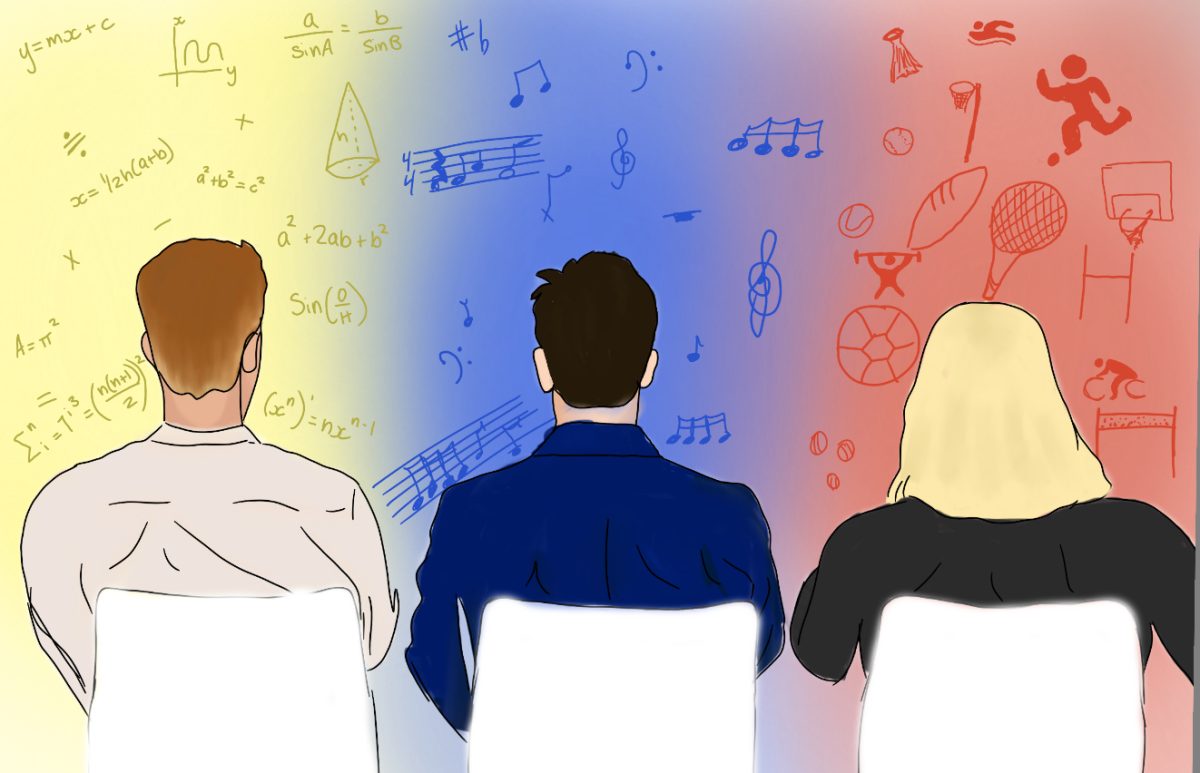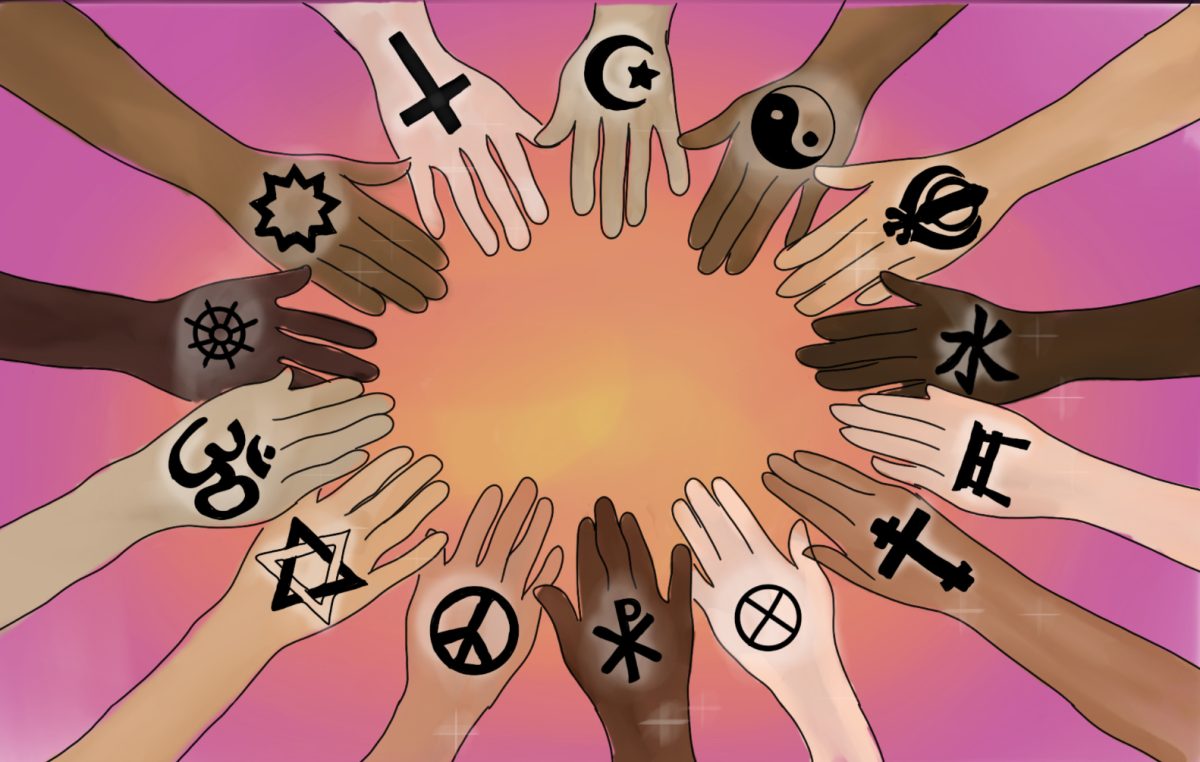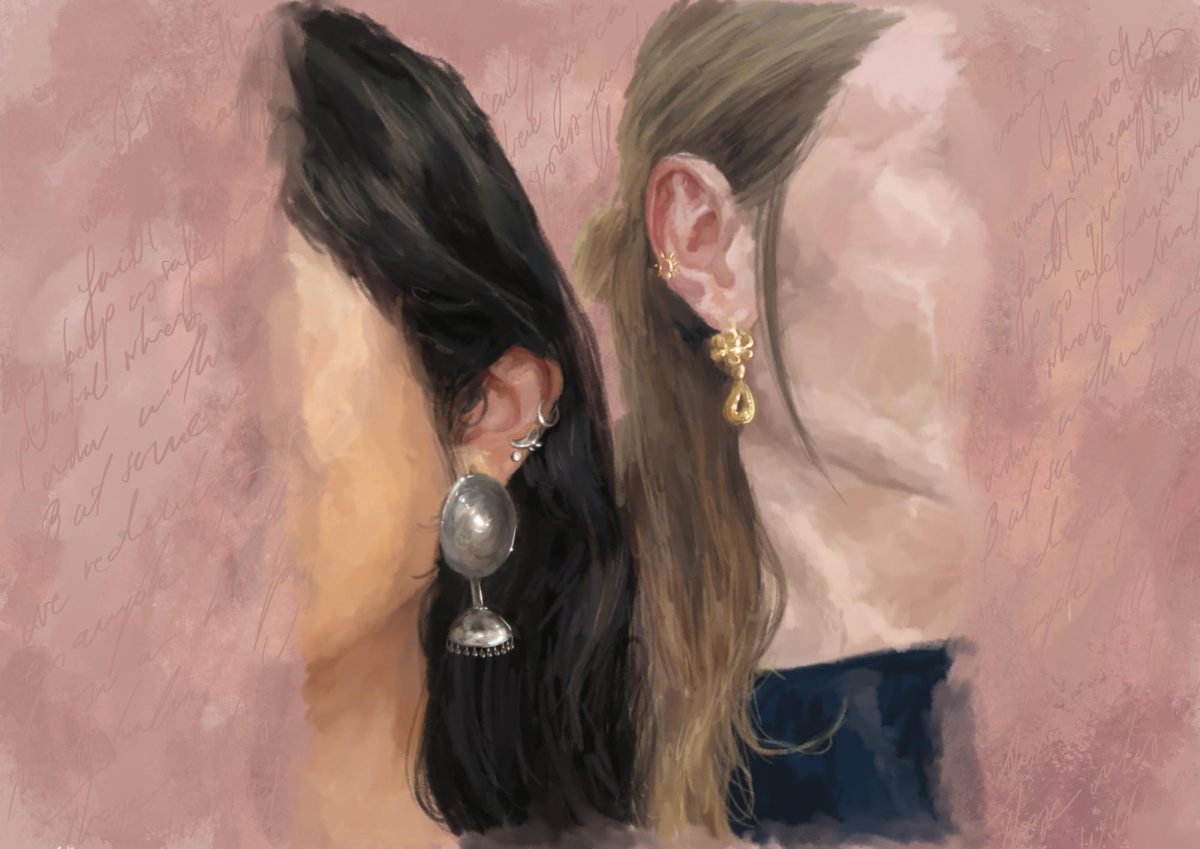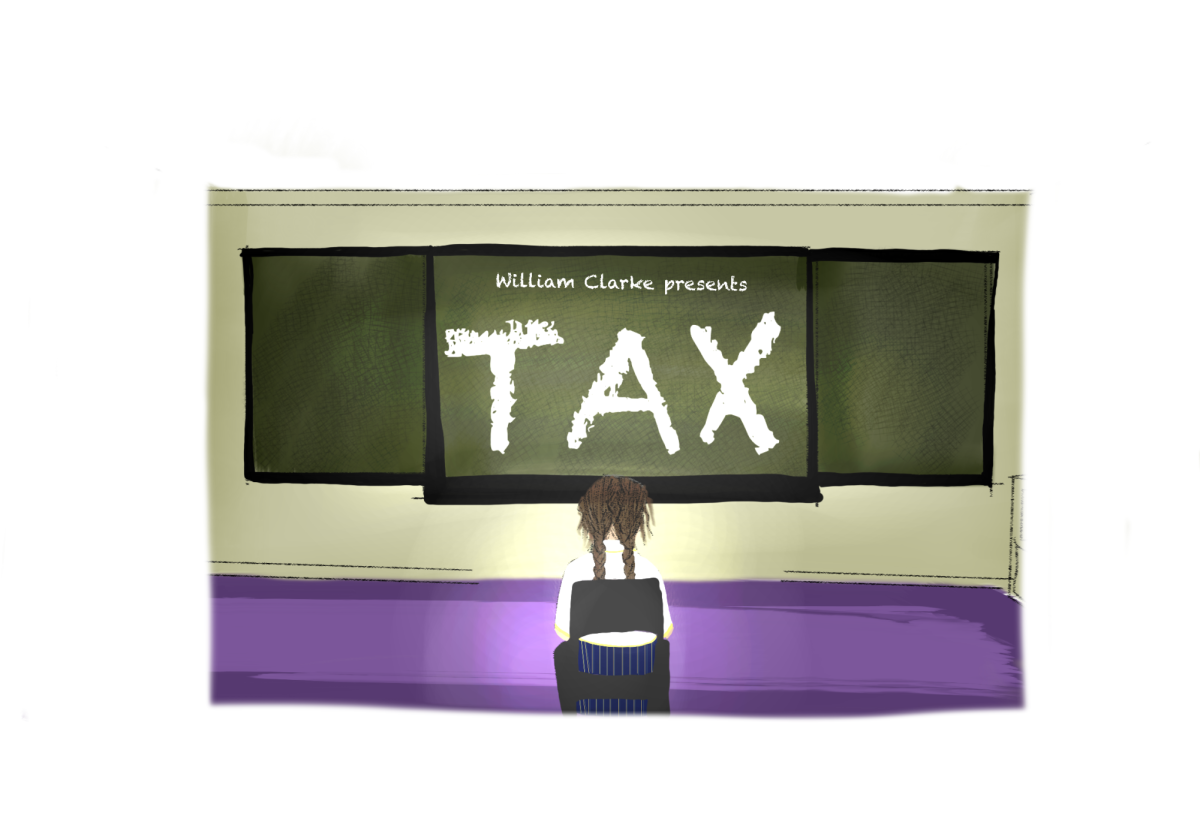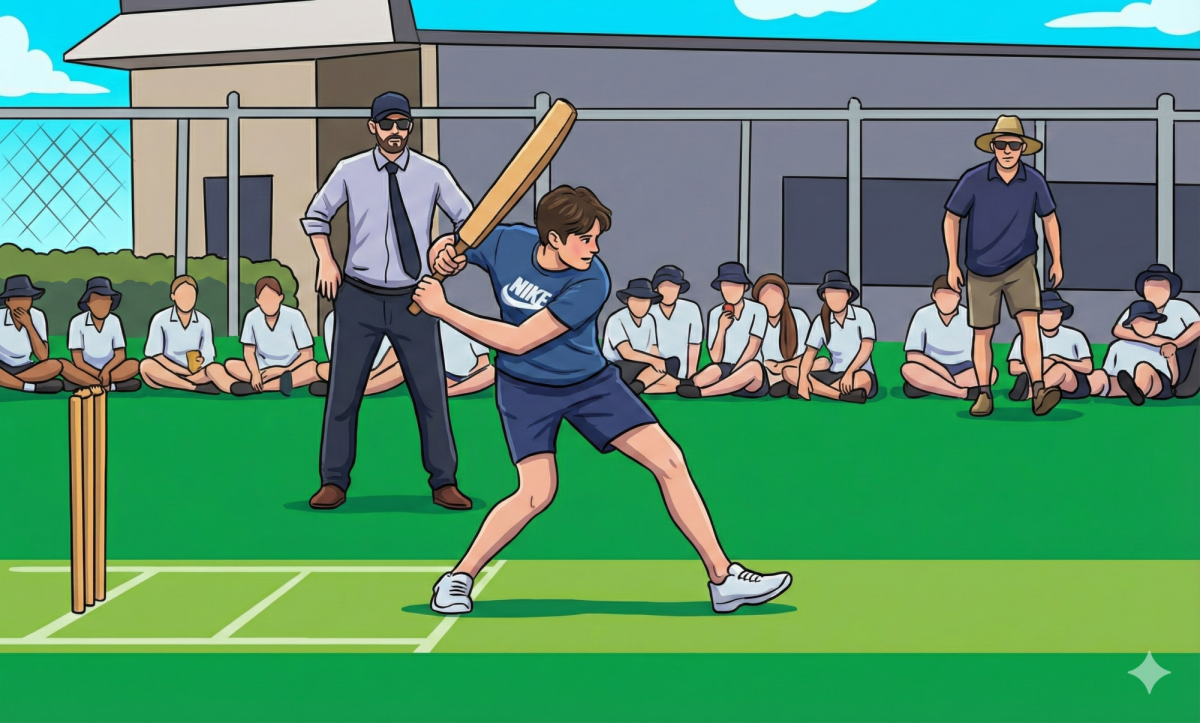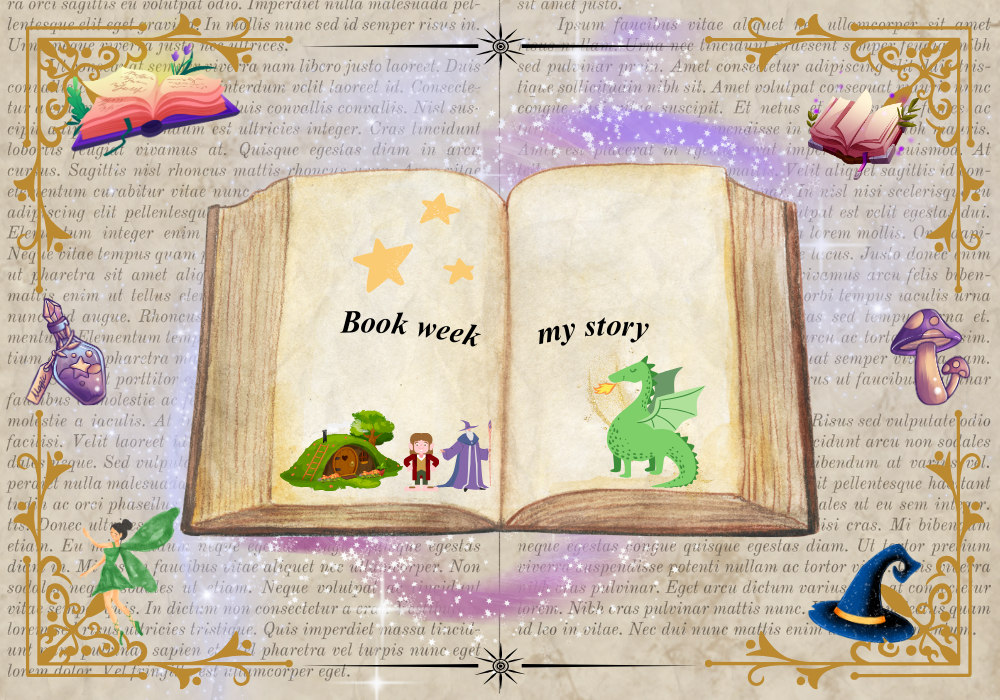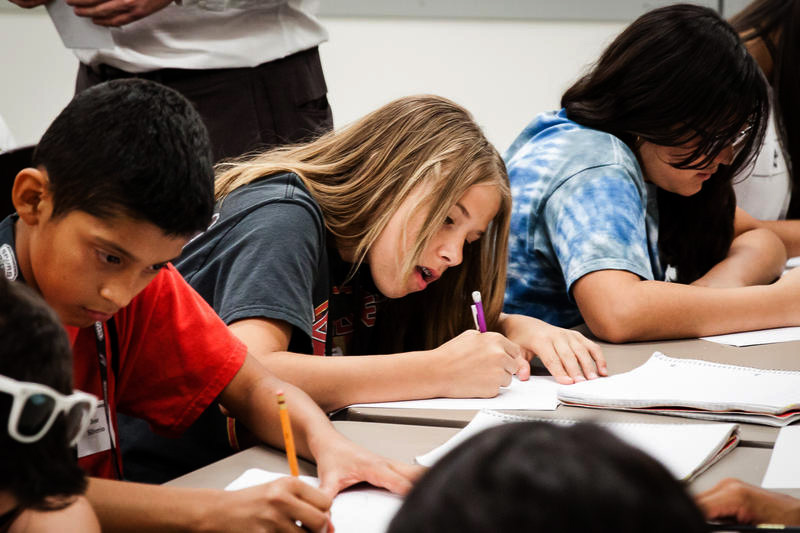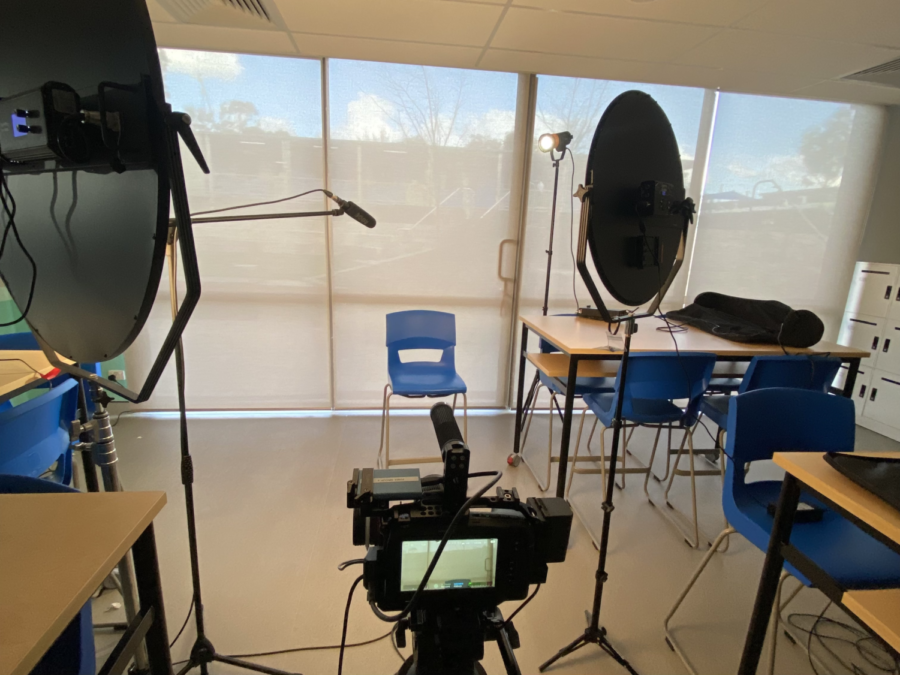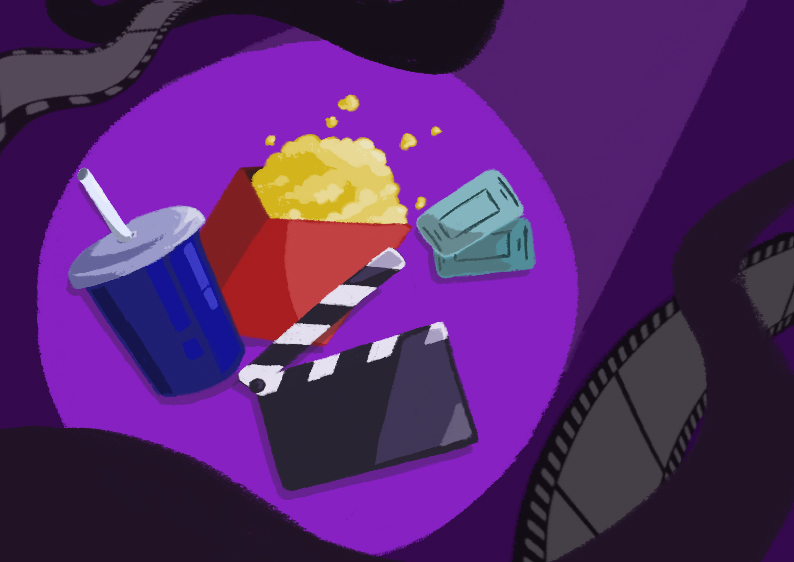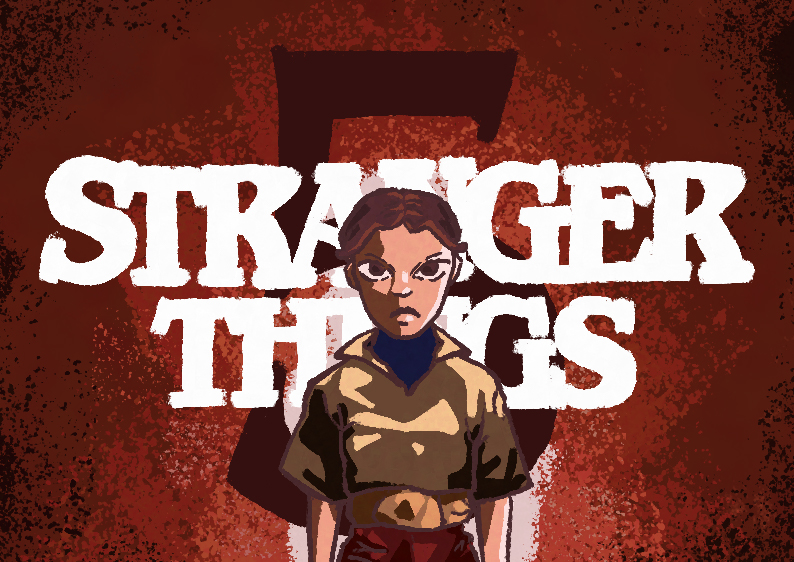“If you judge a fish by its ability to climb a tree, it will live its whole life believing it’s stupid.” Standardised tests assume every student learns and thinks the same way. Imagine being told that everything you have learned, everything you have worked towards for twelve years of your life comes down to how fast and how much you can write before your hand cramps up from holding your sweaty pen too tight. No typing. No feedback. No collaboration. Just paper, ink, and pressure. This is the world of standardised testing. And for students at William Clarke College, the impact of that system is even more jarring than it is for most.
From Years 7 to 10, we are taught in a way that mirrors the real world. We solve problems, use digital tools, work in teams, give presentations, and explore ideas creatively. Our assessments are often collaborative and varied. We learn how to research, communicate, and think deeply. Most importantly, we are encouraged to see learning as something active, ongoing, and relevant to the world we are preparing to enter.
But that all changes in Year 11. When we start the Preliminary course, it feels like stepping into a different world entirely. Suddenly, we are handed stacks of practice exams and told to prepare for high-stakes tests that strip away almost everything we have been taught to value about learning. The environment shifts overnight. Our worth is tied to how fast we can write, how well we can memorise, and how confidently we can regurgitate content under exam conditions.
For many students, this is the first time we are introduced to traditional exam blocks. After years of engaging in meaningful, authentic learning, we are told that what really matters now is how well we perform in a silent room with nothing but a pen and a time limit. It almost makes us feel that everything we’ve done over the past 4 years was irrelevant.
Take English, for example. A subject that is meant to be about communication, interpretation, and critical thinking is reduced to a timed writing exercise. We are often told to ‘critically analyse’… but that usually means memorising essays or paragraphs, adapt them to fit the question, and hit the right buzzwords. If you are someone who thinks best when speaking, or needs time to organise your thoughts, or just doesn’t write quickly, you are already at a disadvantage. Not because you don’t understand the content, but because the format of the exam punishes your learning style.
For sciences, the gap between the classroom and the exam hall is even more obvious. Scientists in the real world do not work in silence without access to notes or technology. They work in teams, share data, use tools, and collaborate to solve problems. But in HSC science exams, we are asked to do the exact opposite. We are forced to recall content word for word, follow a rigid marking rubric, and produce answers that fit a formula. The goal becomes not understanding, but mental capacity and impromptu thinking.
Standardised testing is often dressed up as fair. Everyone gets the same paper, the same time limit, the same silent room. But fairness isn’t sameness. True fairness means recognising that not everyone walks into that room with the same tools, the same wiring, or the same weight on their shoulders. A student with anxiety, ADHD, or dyslexia is told to sit still, stay quiet, and show what they know in a way that was never designed with them in mind. And even when adjustments are made, they often feel like an afterthought.
Imagine this: you’re asked to carry 100 marbles in one hand. Your friend is given the same task, but she’s handed a strong bag to hold them. You’re left trying to balance every slippery marble, dropping one every time you reach for another. Eventually, someone notices. They give you a bag too, but it’s smaller, and it’s full of holes. That’s not equity. That’s illusion. A system that pretends to be fair while quietly favouring a particular kind of brain, a particular kind of strength, a particular kind of student.
There is a well-known metaphor about asking a fish, a monkey, and an elephant to all climb the same tree. That is exactly what standardised testing does. It ignores diversity. It ignores creativity. It ignores
the reality that intelligence cannot be measured by a one-size-fits-all test. You could be brilliant at problem-solving, collaboration, creativity, or communication, and still underperform in an exam. Not because you are not smart, but because the exam was never designed to see your kind of intelligence.
This system does not just harm us academically. It affects us emotionally. As students, we are constantly comparing marks, stressing over percentages, and tying our self-worth to our results. We stop focusing on learning and start focusing on rankings. We stop asking questions and start memorising answers. The pressure to perform builds over time, and by the time the HSC rolls around, many of us are burnt out. Some students give up. Others push themselves to the brink. And for what? A number on a piece of paper that may not even reflect what we are capable of.
At William Clarke, we know what good learning looks like. We have experienced it for years. We know that real learning is messy and collaborative. We know that in the real world, success comes from working with others, using technology, thinking critically, and communicating effectively. So why are we preparing for the most important exams of our school life in a way that ignores all of that?
Across the globe, education systems are starting to change. Countries like Finland are moving away from standardised tests. Some universities are starting to accept portfolios, interviews, and alternative pathways. Even in parts of Australia, pilot programs are testing more authentic, flexible models of assessment. The world is changing. But our system is stuck in the past.
This is not about wanting things to be easy. It is about wanting them to be fair. We are not asking to be handed results we didn’t earn. We are asking for a system that recognises the full range of skills and intelligences that students bring. A system that reflects how the world actually works. A system that values learning, not just performance.
Because right now, standardised testing is not preparing us for life. It is preparing us for more tests. And if education is supposed to help us grow, not shrink us into boxes, then this system is failing us. It is outdated. It is unfair. And it needs to change.






